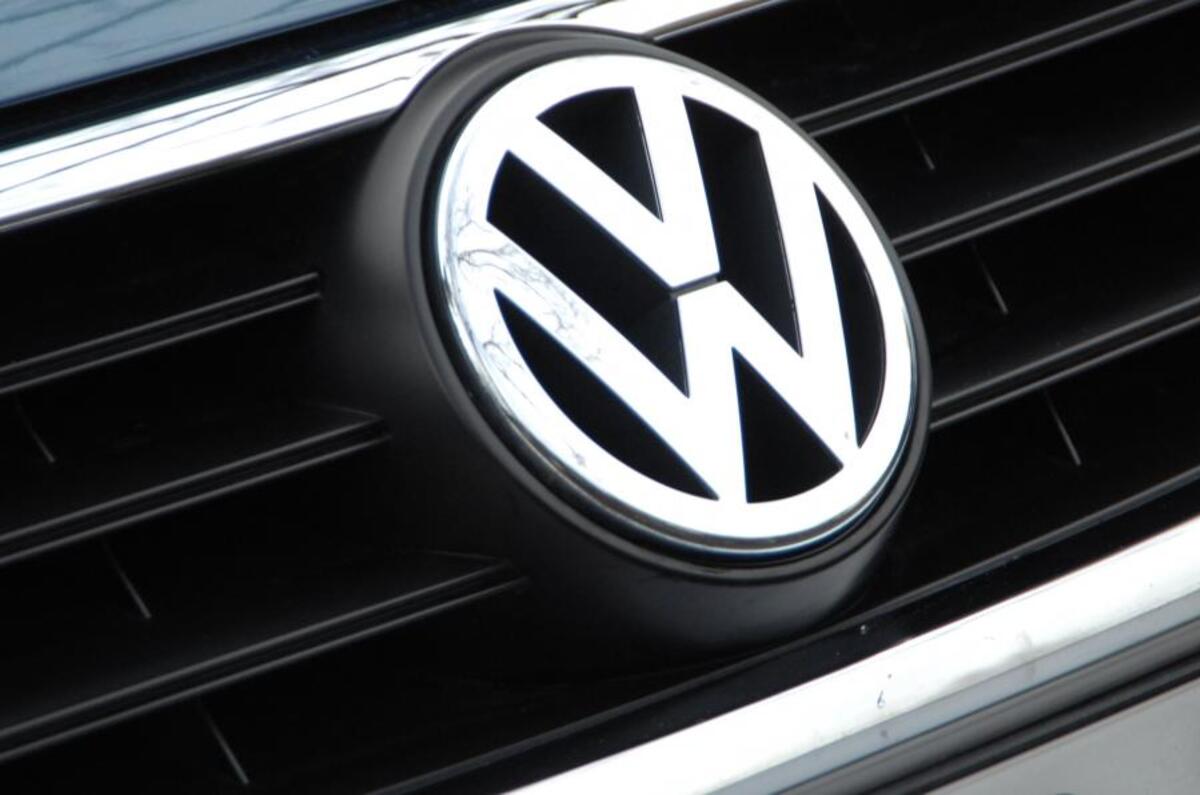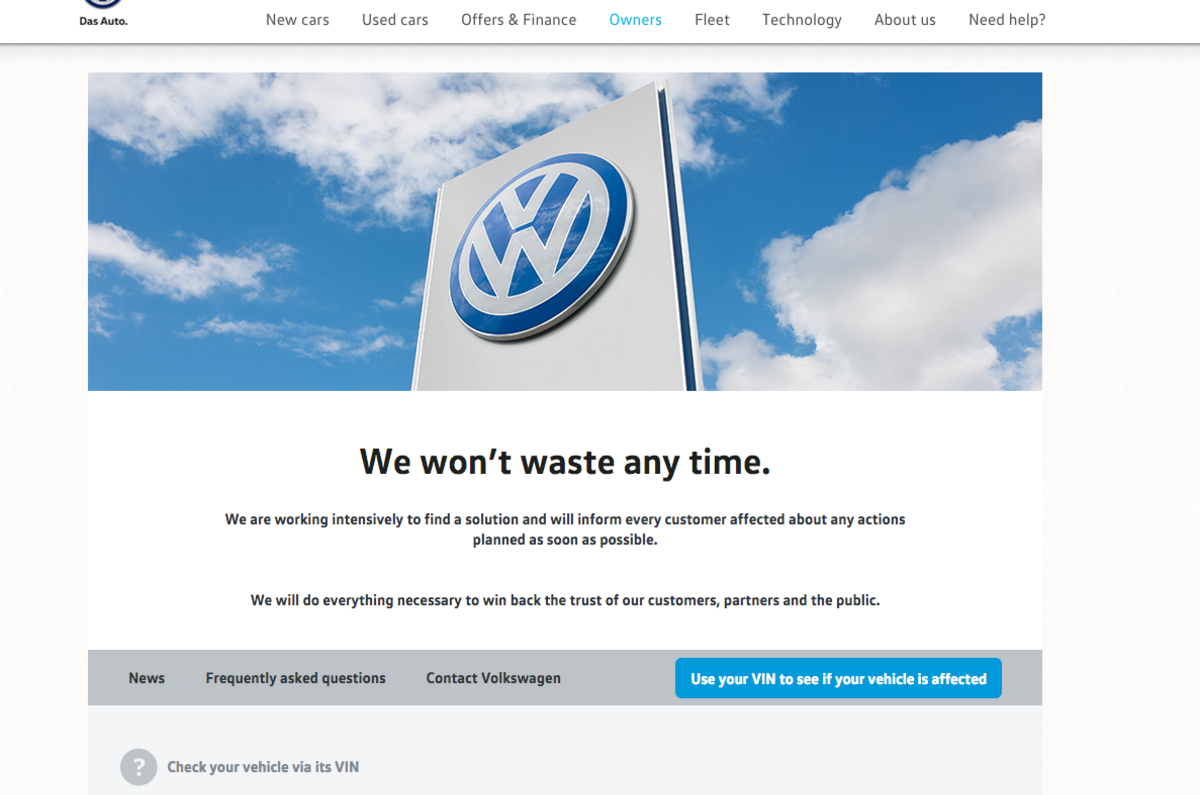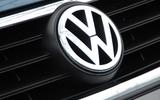The VW Group has announced that it is close to concluding its investigation into false CO2 measurements, and says that far fewer vehicles than the original 800,000 believed to be affected will be recategorised.
In a move that could be interpreted as an attempt to head off compensation claims, VW also says that no fixes to any of the cars will be required, and, as such, that the real-world fuel economy figures of the vehicles will remain the same.
A VW Group statement said that the nine affected VW vehicles - totalling 36,000 cars globally - will be reclassified by Christmas. These are specific versions of the VW Polo, VW Scirocco, VW Jetta, VW Golf Convertible, VW Passat Alltrack and VW Passat.
The statement said: "The deviations found... amount to a few grams of CO2 on average, corresponding to increased cycle combustion in the NEDC of approximately 0.1 to 0.2 litres per 100 kilometres." Every 0.1 litre per 100km equates to a rise of 2.32g/km of CO2 output, and Autocar understands that test work is ongoing. As a result, VW has not announced the size of the CO2 changes to each specific vehicle, but it has reiterated that no UK owner will be hit by back taxes.
VW estimates that affected vehicles count for 36,000 vehicle sales this year, or 0.5% of VW sales. All recategorisation work will be conducted by a neutral organisation under independent supervision.
Skoda has said that it does not believe any of its vehicles are affected by the CO2 issues. In a statement, Audi said "there are no Audi vehicles" on the list.
Seat is expected to announce imminently which vehicles it sells are affected.
The VW Group originally set aside €2bn to pay for the CO2 crisis, but has not announced whether this figure will be scaled down in light of the latest findings.
VW models affected by CO2 irregularities:
VW Polo 1.0l TSI BlueMotion 70kW EU6, six-speed manual gearbox
VW Scirocco 2.0l TDI BMT 135kW EU6, six-speed manual gearbox
VW Jetta 1.2l TSI BMT 77kW EU6, six-speed manual gearbox
VW Jetta 2.0l TDI BMT 81kW EU6 seven-speed (DSG), Five-speed manual gearbox
VW Golf Convertible 2.0l TDI BMT 81kW EU6, five-speed manual gearbox
VW Golf 2.0l TDI BMT 110kW EU6, six-speed manual gearbox












Join the debate
Add your comment
vw
emissions
Undieselgate
Well, that is interesting.